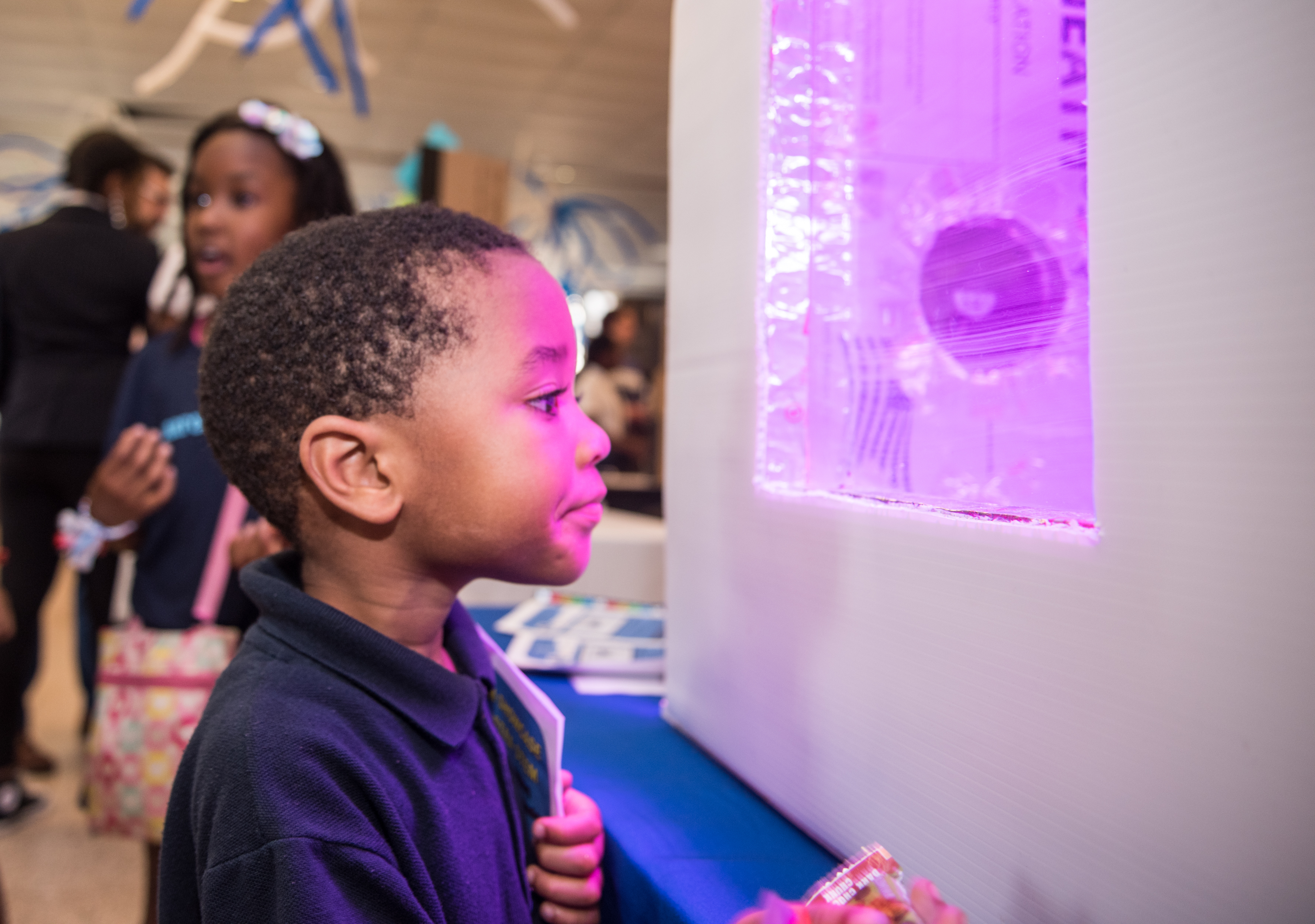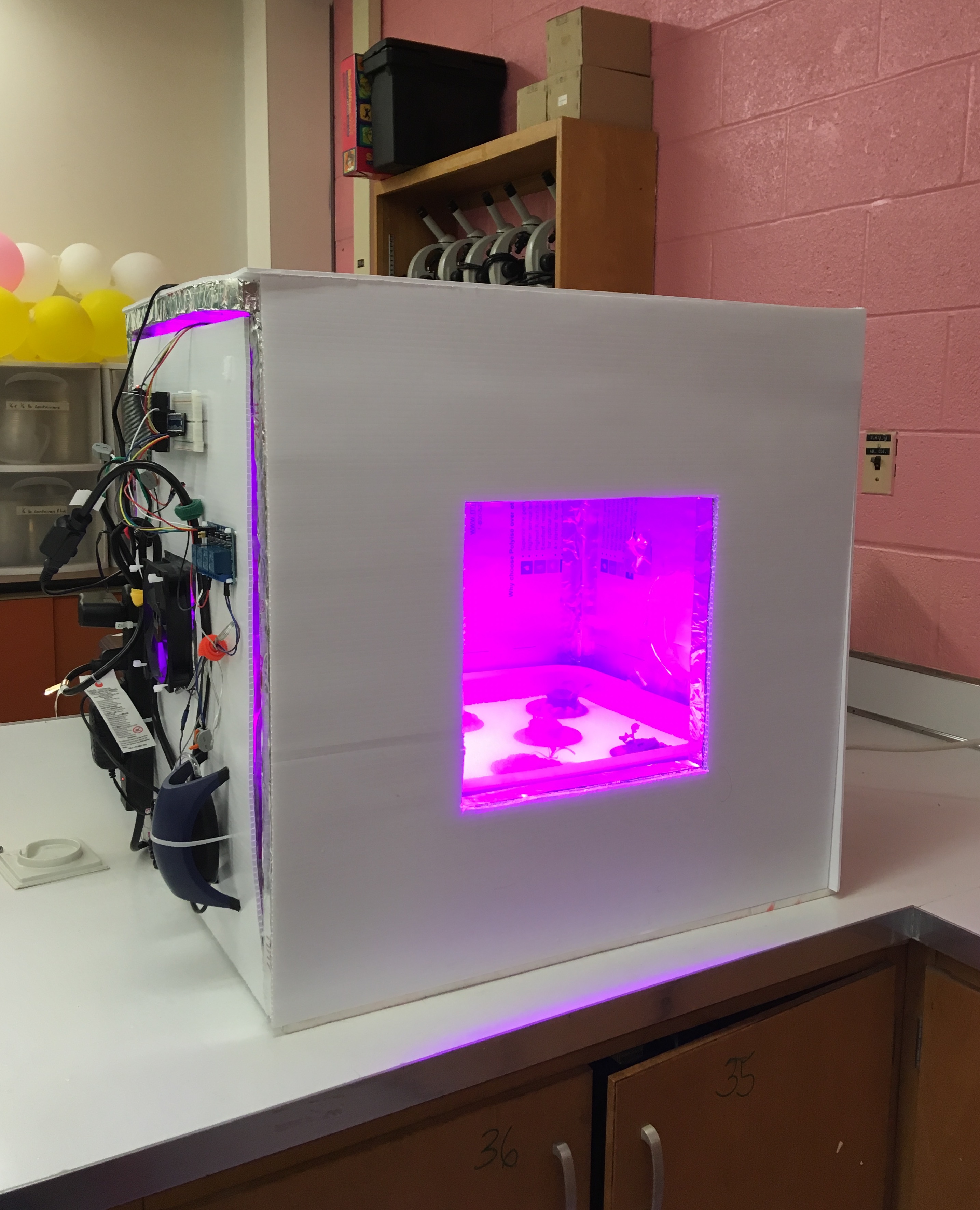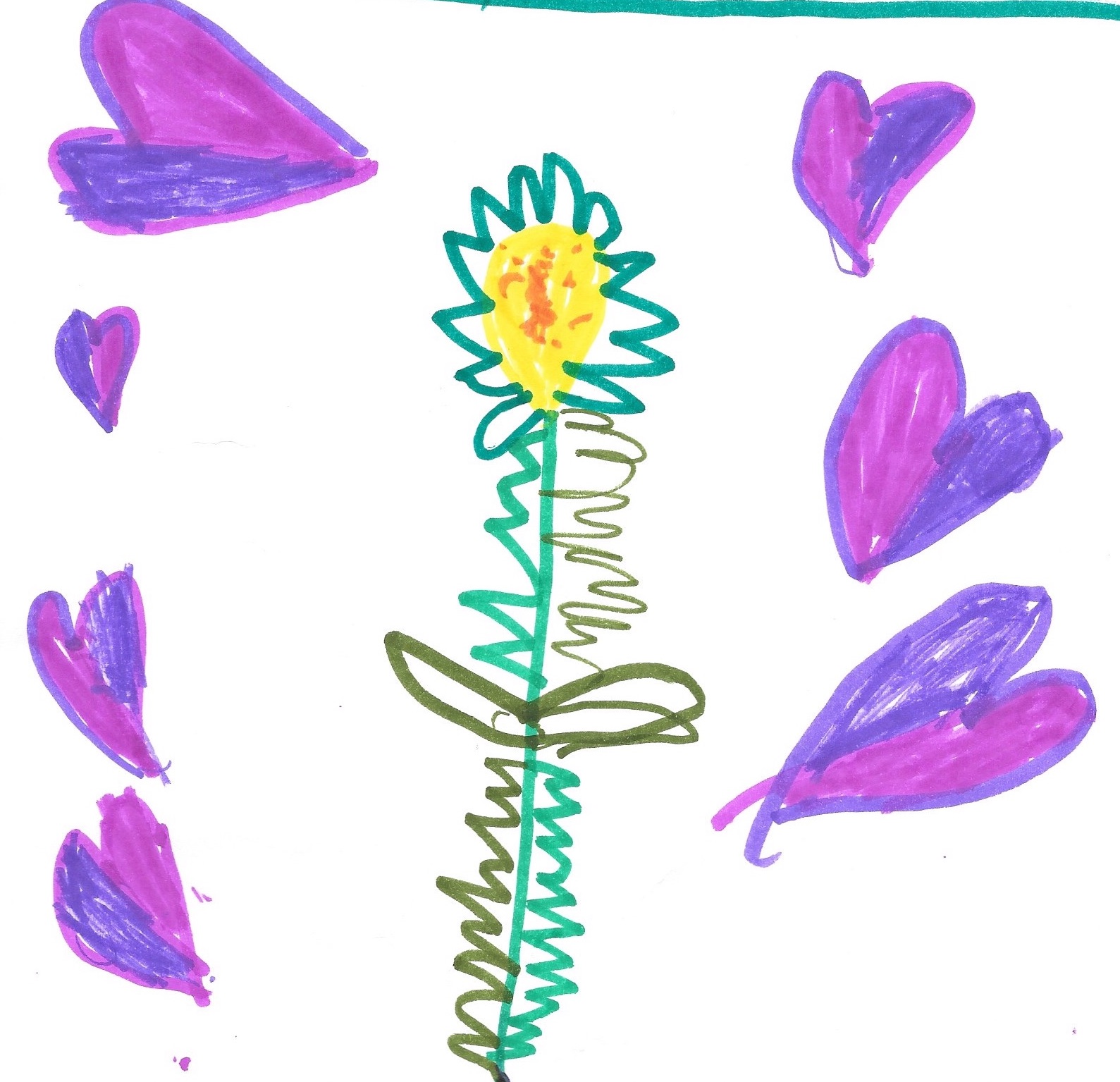
We are FCS4ALL! Active since 2016, we are a computer science educational outreach program designed to prove that anyone and everyone can code.
FCS4ALL works with third to sixth graders in Baltimore City public schools to build coding intuition and demonstrate the power of even a few lines of code. We teach computer science fundamentals through the lens of plant and food science by using a Food Computer.
After developing our original curriculum for the past year, we are happy to share it as a resource for teachers, after school programs, and community centers to learn from and implement themselves.
As a supplement to the curriculum, we have also built a guide on constructing a low-cost Food Computer that anyone can follow to build their very own personal and programmable greenhouse!



